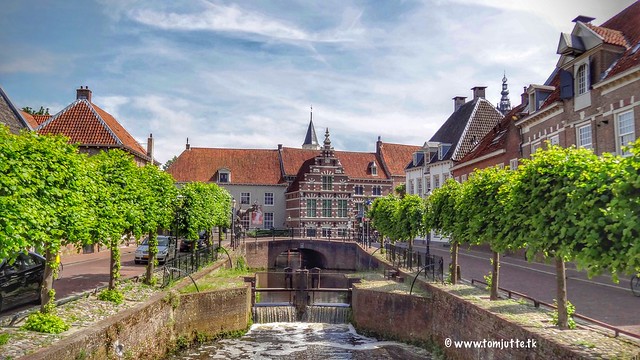Podcast: Play in new window | Download
In this episode I talk about Dutch (Nederlands), a West Germanic language spoken mainly in the Netherlands and Belgium. I talk about the language itself and its history, about my attempts to learn it, and related stuff.
English words of Dutch origin include: Santa Claus, yacht, yankee, wildebeest, wagon, wiggle, waffle, stove, stoop, snack, skate, scone, rover, poppycock, pickle, plug, mannequin, maelstrom, luck, landscape, knapsack, jib, gin, furlough and many more [source].
Dutch pages on Omniglot
- Information about Dutch
- Useful Phrases
- Silly Phrases
- Colours
- Numbers
- Time
- Family words
- Weather words
- Tongue twisters
- Tower of Babel
- Dutch Learning materials
Tunes features in this episode
Hedge Cats / Cathod y Gwyrch
See the score for this tune.
Cats on the Shed / Cathod ar y Cwt
You can also listen to this podcast on: Apple Podcasts, Stitcher, TuneIn, Podchaser, PlayerFM, podtail and or via this RSS feed.
If you would like to support this podcast, you can make a donation via PayPal or Patreon, or contribute to Omniglot in other ways.

